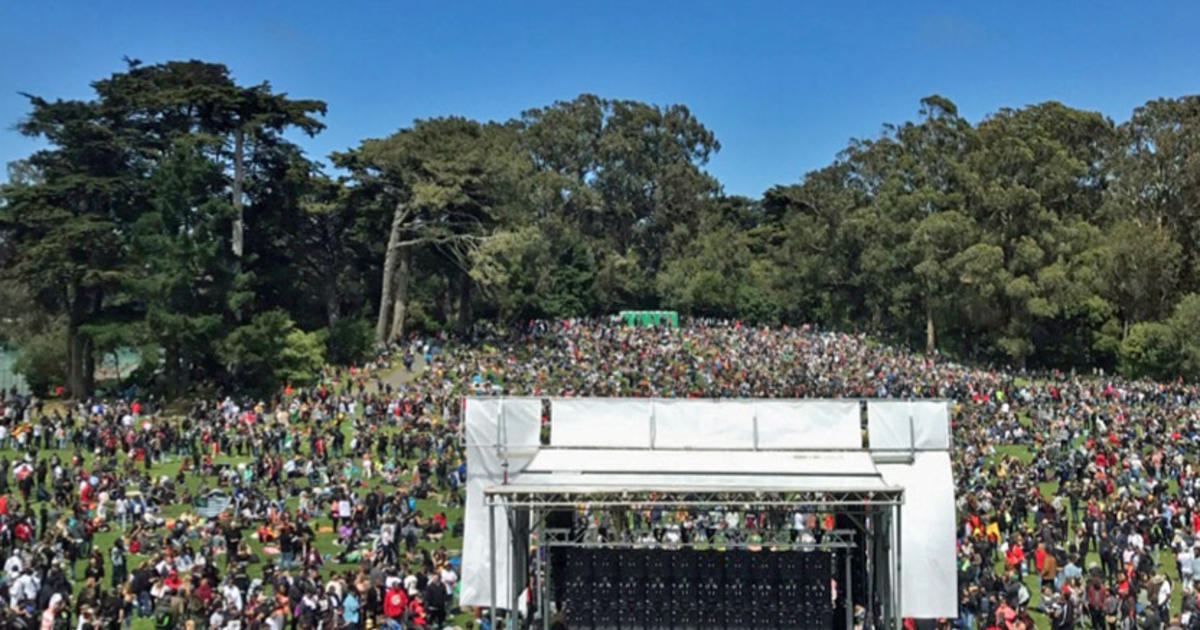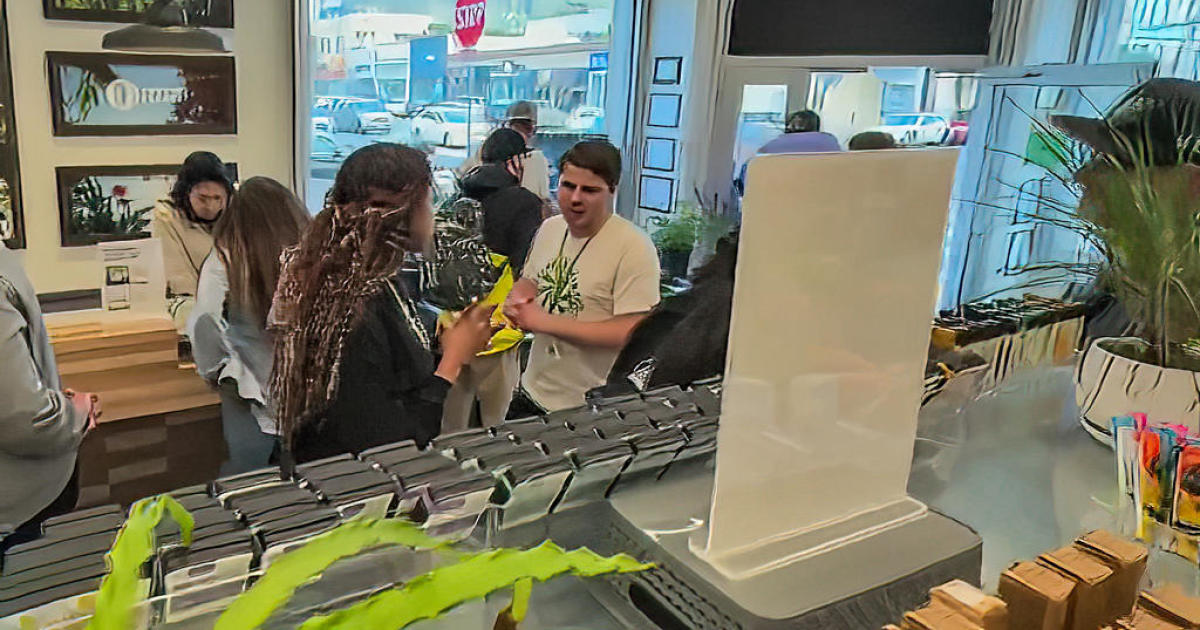'Nanobody' Nasal Spray Could Stop Spread Of COVID-19 Virus
By Molly McCrea and Elizabeth Cook
SAN FRANCISCO (CBS SF) -- University of California, San Francisco scientists have discovered a novel approach to fighting this pandemic, and the invention was inspired by what is naturally found in llamas.
They invented an aerosolized spray that contains special molecules called nanobodies, which are antibody-like immune proteins. At UCSF, they are synthetic and made in the lab. But in nature, they're found in llamas.
If human clinical trials are successful, it may dramatically slow down the spread of the virus fueling the worldwide pandemic.
"It's an incredibly potent, powerful way to neutralize the SARS coronavirus," said Dr. Aashish Manglik, Assistant Professor in the Department of Pharmaceutical Chemistry at UCSF.
"About 25 years ago, a group in Belgium discovered that llamas, alpacas, and camels have these really remarkable antibodies," explained Dr. Manglik. "And they dubbed them nanobodies."
Manglik finds them fascinating and uses them as a tool in his research. His lab houses over two billion synthetic ones. Compared to human antibodies, nanobodies are smaller, more stable, and easy to manipulate in the lab.
Along with UCSF Professor Peter Walter, a research team tested some against the coronavirus and found how one prevented the spike protein from binding to human cells. It stopped the infection from ever taking place.
"We think of it as effectively like a molecular mousetrap," said Manglik.
The concoction is an aerosolized nanobody or AeroNabs for short. Manglik and Walter are co-inventors. With a nasal spray or inhaler, it could be self-administered daily, since it works differently than a vaccine. Manglik says AeroNabs instead provides what he calls "passive immunity" with effects that are temporary. After application, the body will work to clear it out like other medications.
The hope is that a daily application might be a bridge until a true vaccine is developed, which will then actively coax our own immune system into disabling the virus.
Manglik knows that time is of the essence and he hopes if the invention does show efficacy, they could get it as soon as possible to everyone.
The UCSF research team is now in active discussions with commercial partners to begin clinical testing of AeroNabs. If the tests prove successful, they hope to make their invention widely available. It's also very cheap to make.



